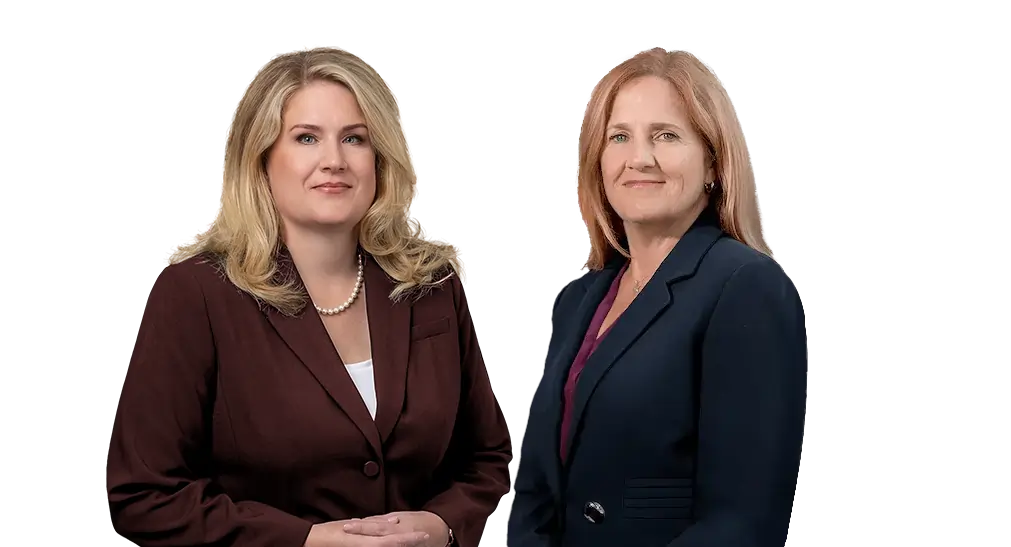Answers to Questions About COVID-19 Vaccine Mandates At Colleges
CONTACT US NOW FOR A CONSULTATION
College & University Fake COVID Vaccination Card Lawyers
College campuses across the nation are choosing to require proof of vaccination for COVID-19 for on-campus students. As vaccines have become widely available and variants continue to evolve, many college administrations view these mandates as key to ensuring the health and safety of all students, in addition to preventing outbreaks and shutdowns.
In response, some students are trying to find ways to bypass the mandates, such as by using fake vaccination cards. Using forged vaccine cards can result in serious consequences for students. Below is a discussion of the key issues regarding vaccine mandate violations at colleges.
Understanding School Policies Regarding Vaccinations
According to reporting by the Associated Press, there are “at least 675 colleges and universities” that require proof of vaccination for COVID-19. It’s important to note that each college and university will have their own unique policy as to what is required. Thus, it’s important to review your specific school’s policy.
For example, some schools allow exemptions for religious or medical reasons, such as for those who are immunocompromised. Other schools go beyond vaccine mandates and continue to require mandatory masking or weekly negative tests. Stanford University is one school that continues to implement these additional policies.
How do State and Municipality Laws Affect College Policies?
Several individual states have enacted legislation or executive orders barring public colleges from requiring COVID-19 vaccinations for students. Some of these states include Ohio, Utah, and Florida. This can bring up issues of jurisdiction, which means public schools in these states can face more difficulty in implementing and enforcing vaccine mandates compared to private universities. Private institutions are better able to enforce vaccine mandates in these states.
It’s important to note that some of these states, such as Ohio, only prevented mandates for vaccines that do not have FDA-approval. With the recent FDA approval of the Pfizer vaccine, Ohio State University revised their guidelines to require vaccinations.
What Are the Consequences for Using a Fake or Forged Vaccination Card?
College policy violations are different from criminal offenses and don’t involve the court system. One of the harshest consequences a school can levy on a student is expulsion. Not only can this affect a student’s reputation and future job prospects, but it can also affect their ability to attend graduate school.
It’s also possible that students can also face serious criminal charges in addition to disciplinary action from their school. The FBI has warned that vaccine card fraud, which involves the unauthorized use of a government agency’s seal, violates federal law. Selling, buying, or even using a fake vaccine card can potentially result in fines and up to five years of prison, as described in Title 18, United States Code, Section 1017. Vaccine cards display the seal of the U.S. Department of Health & Human Services, as well as the Centers for Disease Control & Prevention (CDC).
If I’m Accused of Using a Fake Vaccination Card, What Are My Options?
If a student is facing accusations from their school of using a fake vaccination card, it is best to consult with a student code of conduct lawyer as quickly as possible.
The circumstances surrounding the accusations against a student are key to determining what potential defenses are available. For example, a student with a fake vaccine card in their possession that they have never used or sold, is a different situation than a student who knowingly bought and uploaded a fake vaccination card to their school. Other factors that could potentially affect the outcome of the disciplinary process can include whether a student was aware their card was fake, or if it was uploaded on their behalf by another party.
If you were falsely accused by another student or anonymous person of using a forged card, it may be necessary to defend against false accusations. In a situation like this, this means proving the validity of your card and vaccination status. This can be difficult. While states maintain immunization databases, it is challenging for schools to cross-reference these records, especially for out-of-state students. According to one validation company, they do not match cards to states’ immunization databases because that would “more than double the cost and still miss people”.
A lawyer will be able to examine your school’s specific policy and determine if you truly violated the policy and if your college’s policies conflict with state or municipality laws. At Duffy Law, our lawyers are experienced in representing college students and understand how the disciplinary process differs from the regular criminal defense system.
Seek Advice from a National Code of Conduct Attorney
Do you have questions or concerns about COVID-19 vaccine mandate violations? Are you accused of using a fake vaccination card? Take action to protect your rights today. At Duffy Law, LLC, our national code of conduct lawyers are highly experienced when it comes to handling issues related to conduct code violations in colleges and universities, and we can speak with you about your situation. Contact Duffy Law, LLC for more information.
How Can We Help?
